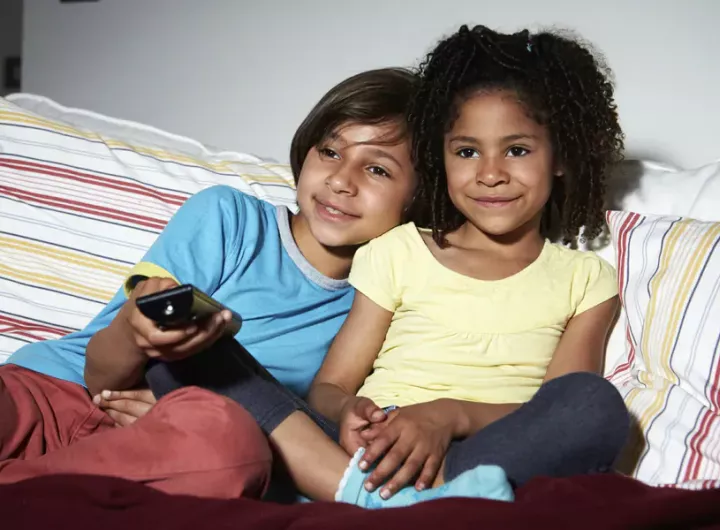
IT'S MY TURN!!! Why learning to share with siblings and others is so important
You may have seen or been in the “parent trap” – and we call it that because it’s easy to fall into – which happens when children have trouble with sharing and taking turns. In this case, the parent trap is taking the path of least resistance, and thinking along the lines of “they’ll grow out of it”.
We’ve got to be reasonable in our expectations of what children of different ages can do when it comes to sharing and turn taking. Very little kids can’t really play well together the way older children can. Toddlers do what’s called parallel play, rather than cooperative play and sharing and turn-taking. It’s only natural that focussing on themselves as an individual is where they’re at, developmentally.
But when there are ongoing problems, and adults either pretend it’s not happening or bury their heads in the sand and expect kids to sort it out amongst themselves, you can have friction and conflict starting to occur. The kids themselves probably don’t have the skills or knowledge they need to sort it out.
So you can end up with kids who are learning, through experience, that if you want something you just grab it, or push the other person out of the way. If that behavior is successful, it tends to be repeated. The child effectively learns to grab and push, and maybe hit or say something hurtful, to get their own way. And that’s a great recipe for fights between brothers and sisters.
The flip side can be where you have a child who is less confident; maybe a younger child, who has learned to just give in or avoid even asking for a turn. They can become very passive if they’ve repeatedly come up against more aggressive kids.
So when there’s a fight over the TV remote, for example, what can you do? Is it just all part of life’s rough and tumble? Well, it could be worth teaching your kids different ways to manage disagreement and conflict. And it’s not only about teaching aggressive children to be more caring and compassionate. Passive children also need to learn to ask politely but assertively for things. And all kids can learn that even when it’s not fair, you don’t have to completely fall apart.
Rather than telling kids to “stop fighting”, think about it from the perspective of teaching them social skills. You may have to get some assistance yourself, so that you can effectively explain to your kids what the skill is, get them to practice it, and then give feedback to the child who’s successfully done it.
It really is a life skill to learn to be generous, to learn to share and take turns. It’s an important behavior that enables people to live cooperatively and work together in groups. Relationships can’t thrive when there’s constant competition, bickering and fighting over who’s using what.
If there are no siblings or cousins, another good way to practise sharing is by having friends over to visit. Again, if you think about this from a social skills perspective, this is helping young children learn to be a good host and good guest, and involves thinking about what another child may want.
Young kids find this very hard to do but they need to practice these skills. When parents see the kids sharing and turn-taking they can provide encouragement, praise, and attention: “You guys are playing together really well today.”